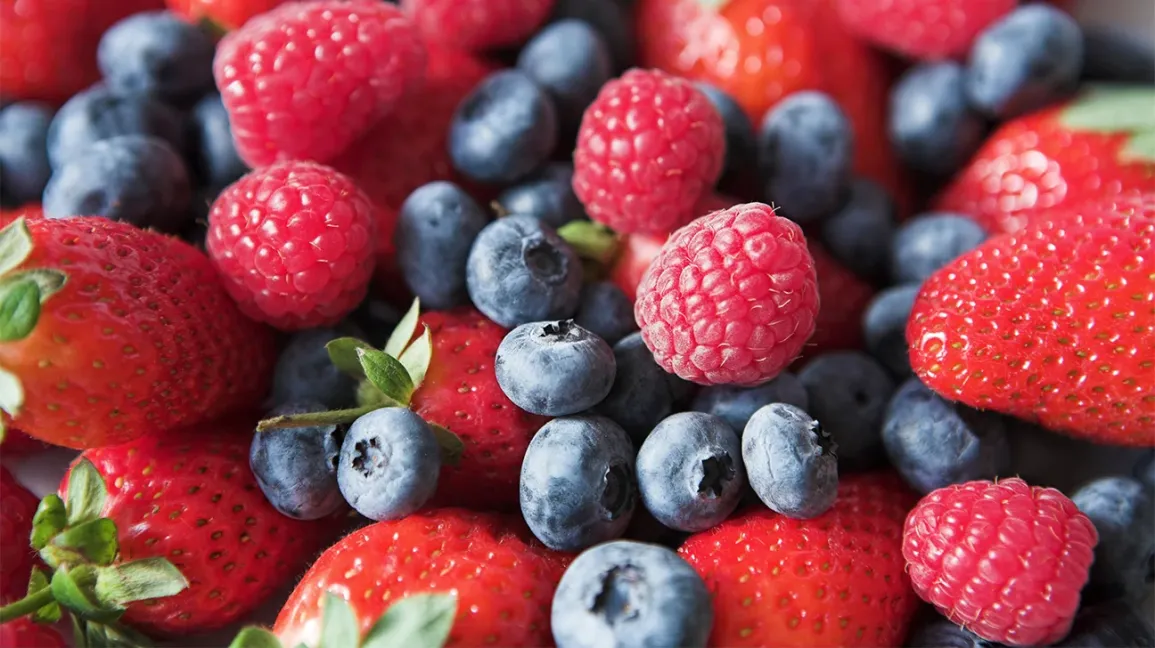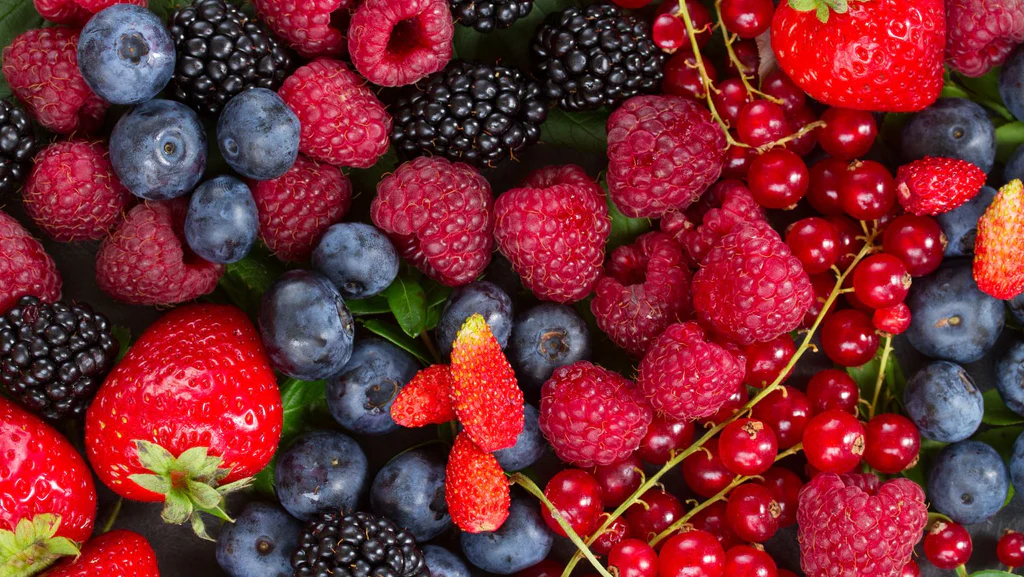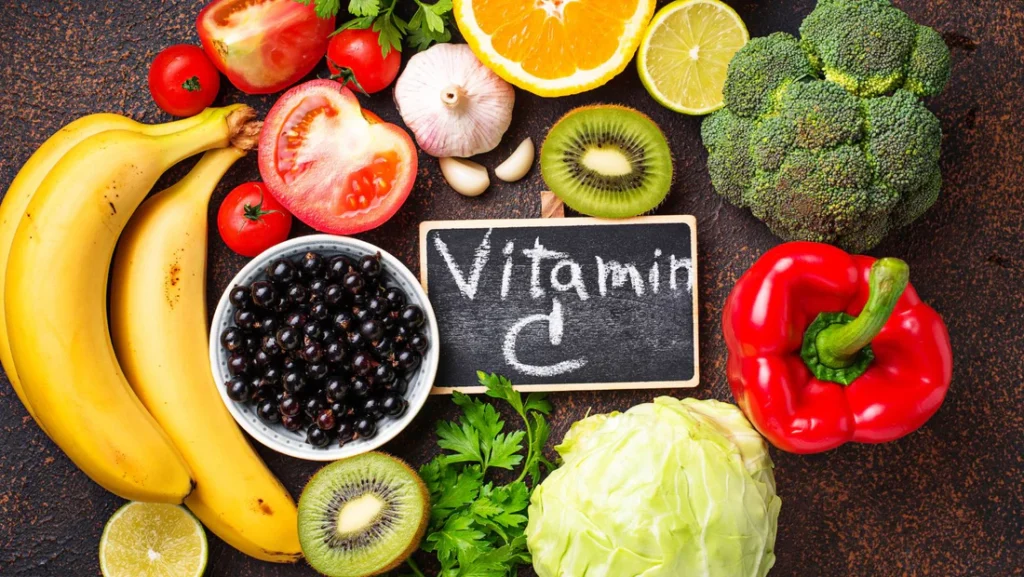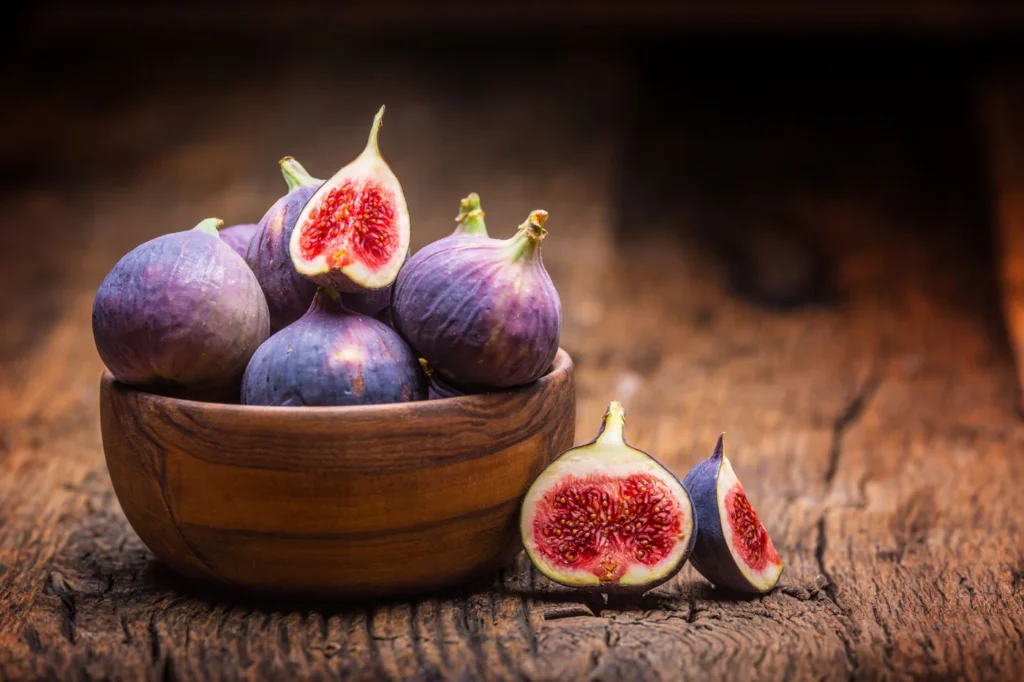More vitamin C-rich fruits than blueberries

More Vitamin C-Rich Fruits Than Blueberries
Blueberries are often praised as a superfood, loved for their antioxidants, fiber, and vitamins. However, when it comes to vitamin C content, blueberries are surprisingly not at the top of the list. In fact, a one-cup serving of blueberries contains only about 14 milligrams of vitamin C, which is less than 20% of the daily recommended intake for adults.
Many other fruits outshine blueberries as vitamin C powerhouses, supporting immune function, collagen production, and antioxidant defense. Let’s look at some of the most vitamin C-rich fruits that put blueberries in the shade.
1. Guava – The Tropical Champion
At the top of the list is guava, a tropical fruit that delivers an astonishing amount of vitamin C. A single guava contains around 200 milligrams, which is more than double the recommended daily intake. Beyond vitamin C, guava is also packed with fiber and antioxidants, making it a complete health booster.
2. Kiwi – Small but Mighty
Kiwi fruits are small but full of nutrition. One medium kiwi provides about 70 milligrams of vitamin C, five times more than a serving of blueberries. Studies even suggest that eating kiwi daily can help reduce fatigue and boost immune response, especially during cold seasons.
3. Papaya – Sweet and Nutritious
Papaya not only supports digestion with its enzyme papain but is also rich in vitamin C. One cup of papaya cubes contains about 88 milligrams of vitamin C. Combined with vitamin A and folate, papaya is an excellent fruit for skin health and immunity.
4. Strawberries – A Berry with a Punch

Strawberries are another favorite berry, but unlike blueberries, they pack in much more vitamin C. One cup of strawberries has about 85 milligrams, making it six times richer in vitamin C than blueberries. Strawberries also offer manganese, folate, and powerful plant compounds beneficial for heart health.
5. Oranges – The Classic Source
When people think of vitamin C, oranges often come to mind—and for good reason. A medium orange provides around 70 milligrams, making it a reliable source. While blueberries are excellent for brain health due to their anthocyanins, oranges easily win in vitamin C content.
6. Pineapple – Tropical Sweetness with a Boost
A cup of pineapple chunks contains about 79 milligrams of vitamin C, more than five times that in blueberries. Pineapples also provide bromelain, an enzyme that aids digestion and has anti-inflammatory properties.
7. Mango – Summer’s Golden Fruit
Mangoes are another delicious source of vitamin C, offering about 60 milligrams per cup. In addition to vitamin C, mangoes are loaded with carotenoids, which support eye health and boost immunity.
8. Lychee – Exotic and Vitamin-Packed
This small, juicy fruit contains around 70 milligrams of vitamin C per 100 grams, making it a surprising contender. Lychee also provides polyphenols, contributing to heart health and improved circulation.
9. Acerola Cherries – The Unsung Hero
If we’re talking about the absolute richest source of vitamin C, acerola cherries take the crown. Just 100 grams of this fruit can provide more than 1,600 milligrams of vitamin C—a staggering amount compared to blueberries. While not always easy to find fresh, acerola is often available as juice or supplements.
10. Blackcurrants – A Hidden European Treasure
Blackcurrants may not be as popular worldwide, but they are nutrient-dense. With about 180 milligrams of vitamin C per cup, blackcurrants are more than 10 times richer than blueberries. They also contain anthocyanins that support vascular and brain health.
Why Vitamin C Matters

Vitamin C plays essential roles in the body, from helping absorb iron to protecting against free radicals. Since it is water-soluble, the body does not store it, making daily intake through food important. Relying solely on blueberries for vitamin C would not be enough. Incorporating fruits like guava, kiwi, papaya, or strawberries ensures you easily meet your daily needs.
Conclusion
While blueberries remain a fantastic superfood rich in antioxidants and fiber, they are not the leaders in vitamin C. If your goal is to boost immunity and skin health through vitamin C, consider adding guava, kiwi, papaya, strawberries, or even exotic options like acerola cherries to your diet. Mixing different vitamin C-rich fruits not only meets nutritional needs but also adds variety and flavor to everyday meals.









